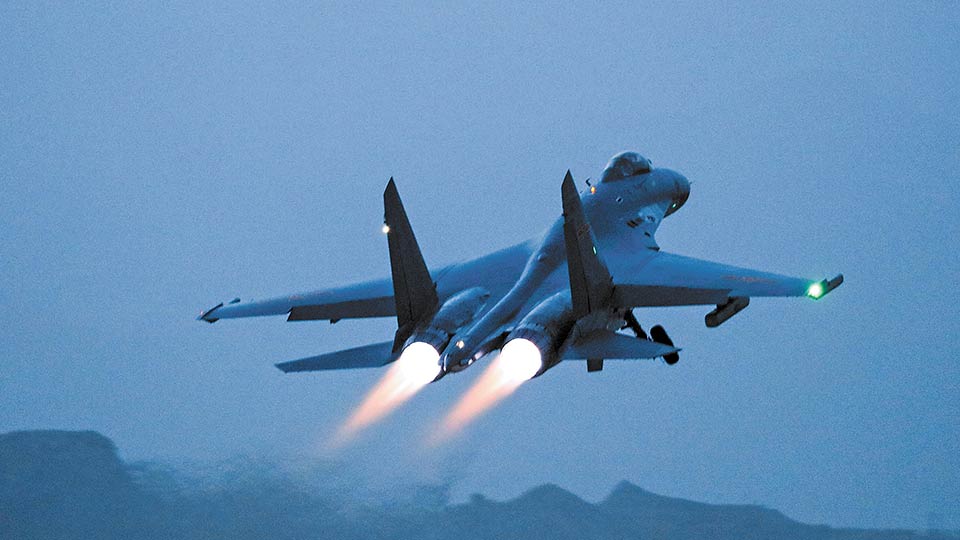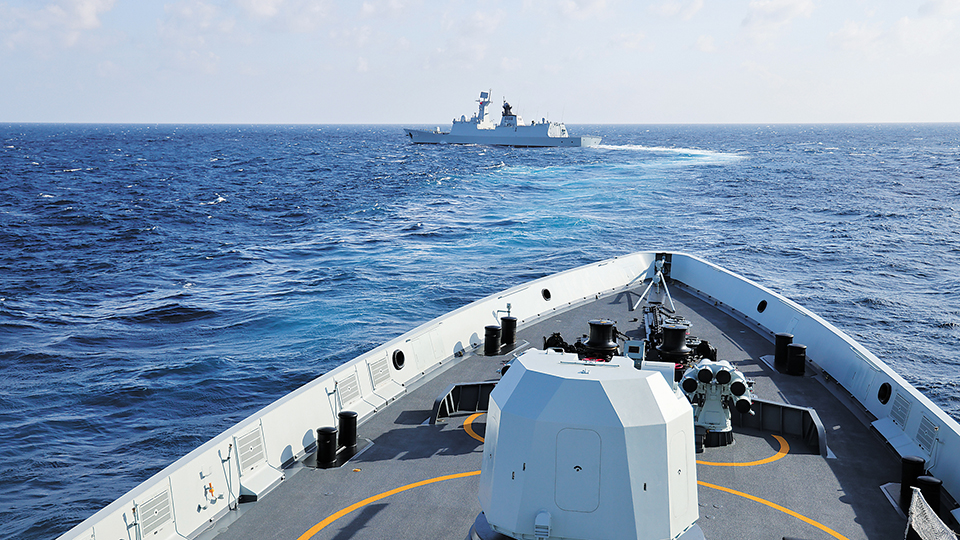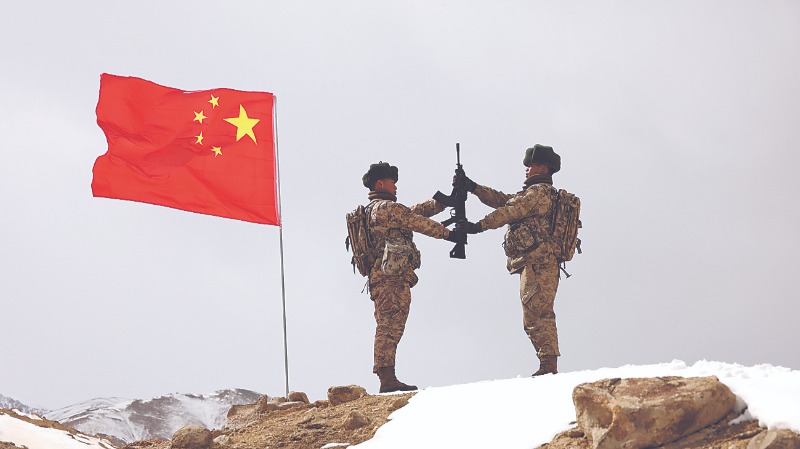
Naval ships from US allies and partners are making their way to Hawaii for the Rim of the Pacific Exercise (RIMPAC), the US-led biennial multinational maritime drill, which will be held from August 17 to 31 this year, despite Hawaiian people's petition to cancel the war games and reports that Hawaii's military novel coronavirus case count still remains a mystery.
The US military has not yet got the virus under control with growing numbers of confirmed cases on its overseas military bases. The epidemic within US army may highly likely be concealed. Yet at this point, the US, with the most coronavirus cases in the world, still decides to continue with RIMPAC in an attempt to showcase its strength, its military muscle, and more importantly, to test the loyalty of its allies and partners.
Invitations to RIMPAC have been sent to 25 countries. For Washington, if any country turns it down because of the COVID-19 pandemic, it would mean it is questioning the US' leading role in the military field and that the country needs to beware of the possible consequences.
At a time when the US needs endorsement, countries like Japan and South Korea dare not say no to the US, thanks to the latter's tough attitude and ruthless sanctions on not only its rivals, but also its allies.
This is why that although a crew member of a warship of a Japanese Maritime Self-Defense Force was found to have been infected with COVID-19 in July, the destroyer is still set to join the RIMPAC after putting off the departure for a while.
Even if countries know that the rate of infection for the novel coronavirus in the US is extremely high, they have no alternative but to coordinate with the US in putting on this military show.
This year, the drill will only be held at sea with "a minimal footprint of staff ashore," according to a Pacific Fleet news release. Face-to-face contacts and gatherings between personnel from different countries will be greatly limited. That being said, the possibility of a large-scale outbreak of COVID-19 during this year's RIMPAC is relatively low. The US Navy is aware that if COVID-19 breaks out during the exercise, there will be severe discord among its allies.
The upcoming RIMPAC comes at a time when tensions between China and the US are running high. The US is likely to send some signals during the exercises, claiming that certain drills, such as those for anti-submarine warfare and maritime intercept operations are aimed at certain countries, since the US wants to flex its joint combat capability with its allies to its strategic rivals, especially against the current backdrop. However, the US' allies may be hesitant to follow suit. So in terms of setting the imaginary target of the drill, the US is likely to play a one-man-show.
Not to mention that military signals from the White House and Pentagon are not the same. Politicians from the White House are trying to create contradictions with other major powers on purpose to give its foreign policies extra points and boost their support. But the Pentagon does not want war. It hopes to see continuing tensions with other countries so it can apply for more funding to purchase fighter jets and warships. But when a real conflict breaks out, those who may lose their lives are not politicians in the White House, but officers and soldiers under the Pentagon. The Pentagon knows this. The master of the Oval Office will change, but the group of influential officers in Pentagon will not see any big alteration within the short term.
That being said, apart from being a show to test the loyalty of the US' allies, the RIMPAC later this month has little other significance. The argument that RIMPAC is aimed at stimulating a combat model against a certain country does not stand. If a real military flashpoint occurs, Washington can barely count on its allies. Those who will participate in RIMPAC are not so stupid that they would willingly plunge into a real military clash. Asian countries with US military bases on their soil are more concerned about becoming targets of counterattacks if a military conflict breaks out, so they are unlikely to be on board with US provocations.
The US can test its partners in the RIMPAC. But when it comes to a real battlefield, will the US still be able to assemble that many allies? That is the question.
The article is compiled by Global Times reporter Li Aixin based on an interview with Wei Dongxu, a Beijing-based military analyst.

















